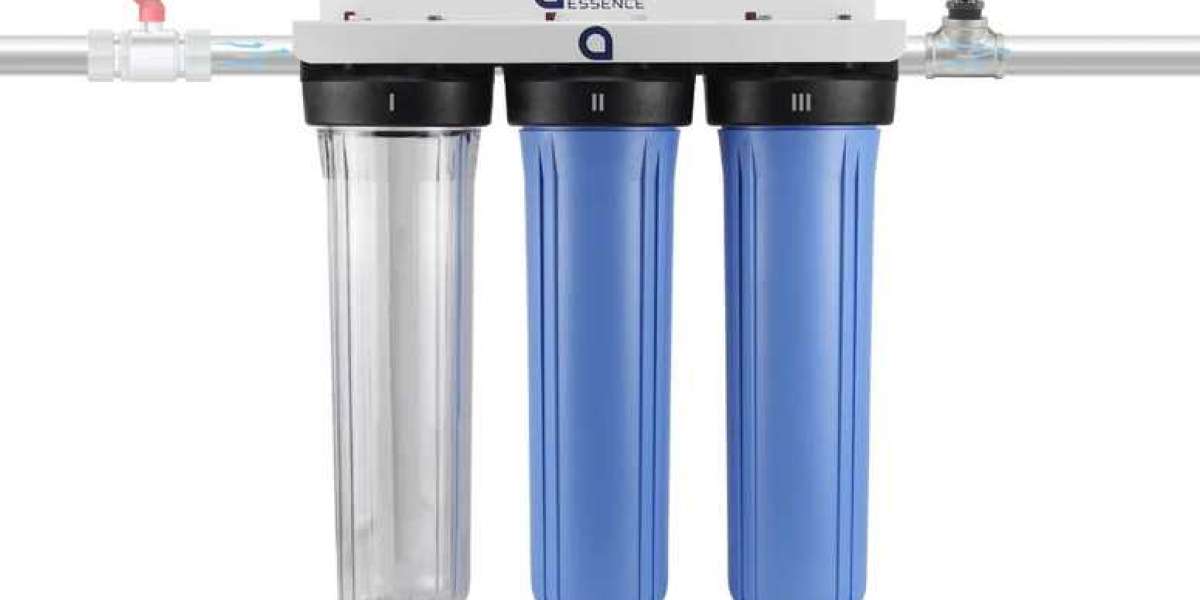Industrial facilities depend heavily on water for cooling, processing, and cleaning, making efficient water management essential. Optimizing industrial water treatment systems can drastically improve water quality, reduce waste, and lower operational expenses. This article outlines best practices to enhance the effectiveness and reliability of water treatment in industrial settings.
Designing for Efficiency
Tailored Treatment Solutions
Every industry has unique water quality challenges. Designing a system that specifically targets the contaminants prevalent in a particular facility ensures effective treatment without unnecessary complexity.
Scalability and Flexibility
Treatment systems should be adaptable to changes in production volume and water quality. Modular designs allow upgrades and expansions without major disruptions.
Maintenance and Monitoring
Routine Inspection and Cleaning
Regular maintenance of filters, membranes, and tanks prevents fouling and ensures continuous operation.
Continuous Water Quality Monitoring
Implementing automated sensors to track parameters like pH, turbidity, and contaminant levels enables prompt corrective actions.
Training and Workforce Development
A skilled workforce is crucial for the proper operation of industrial water treatment plants. Ongoing training programs empower staff to manage sophisticated equipment and respond to emergencies effectively.
Sustainable Practices
Water Reuse and Recycling
Maximizing water reuse reduces fresh water consumption and discharge volumes, benefiting both cost and the environment.
Energy Efficiency
Utilizing energy-efficient pumps, blowers, and controls minimizes the carbon footprint of water treatment processes.
Conclusion
Optimizing industrial water treatment systems requires a comprehensive approach combining customized design, diligent maintenance, skilled personnel, and sustainable practices. Industries that prioritize these best practices can achieve reliable water quality, regulatory compliance, and significant operational savings, ensuring long-term success.



